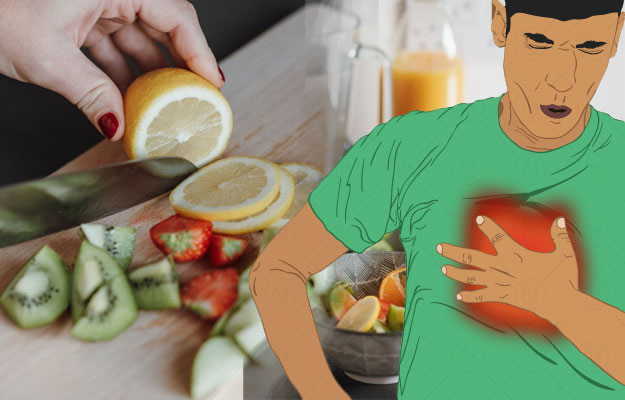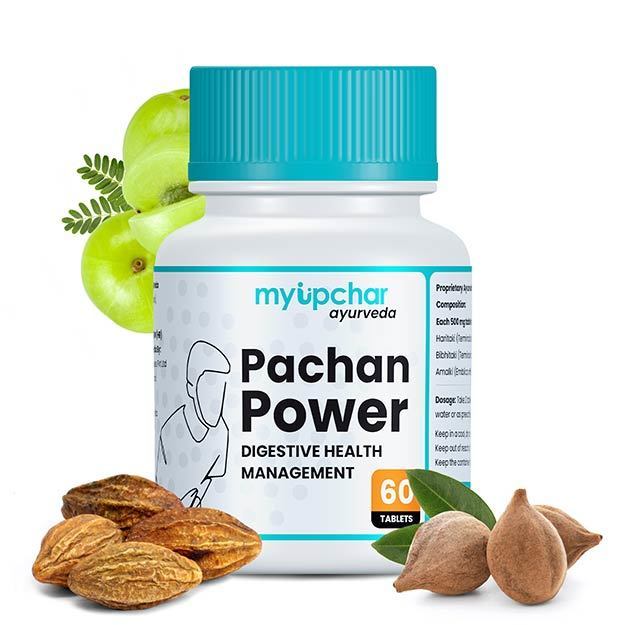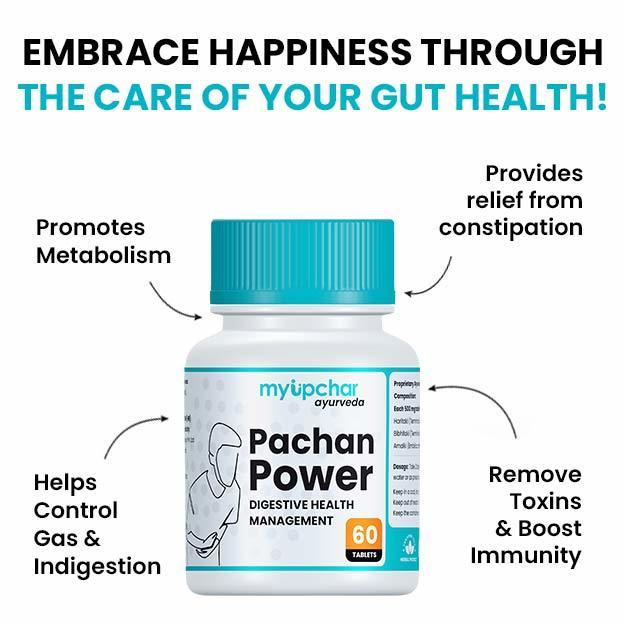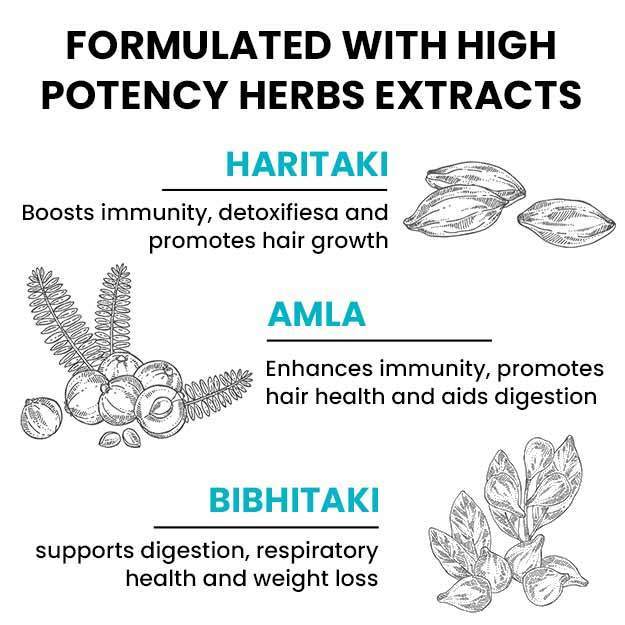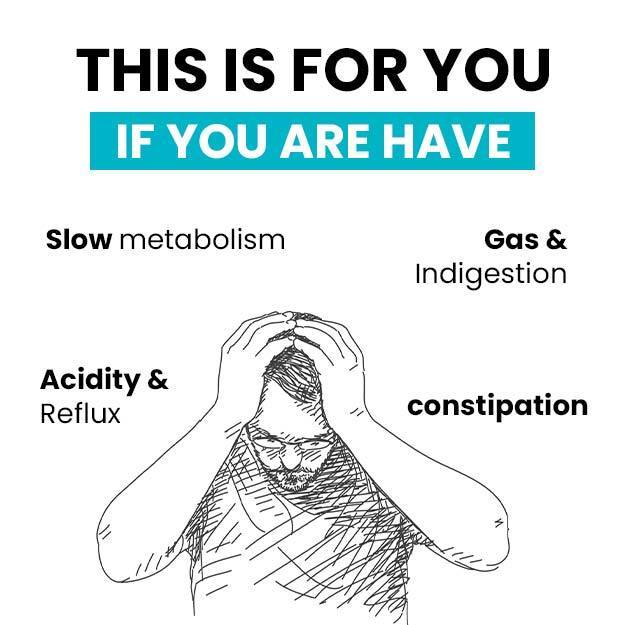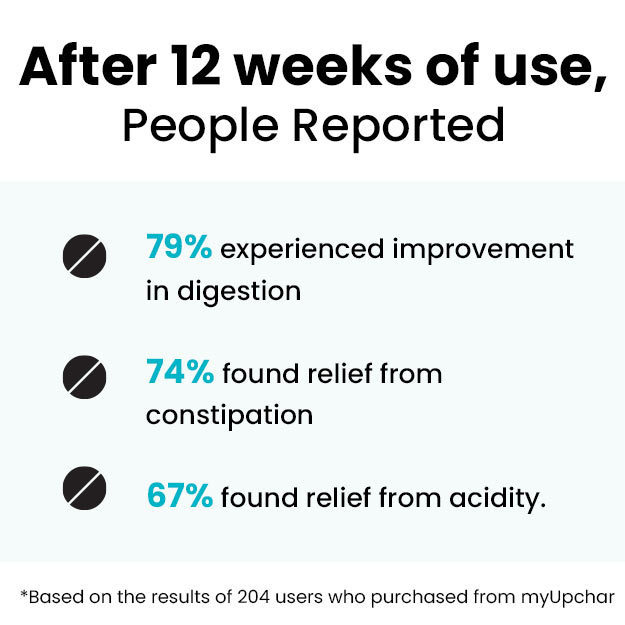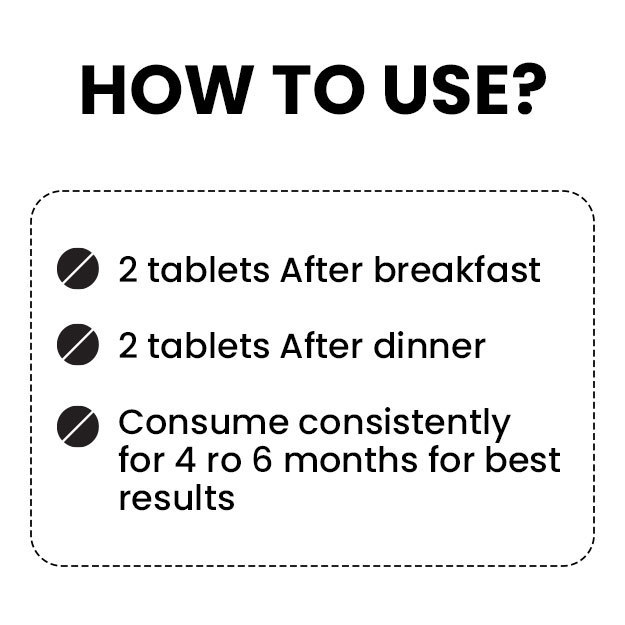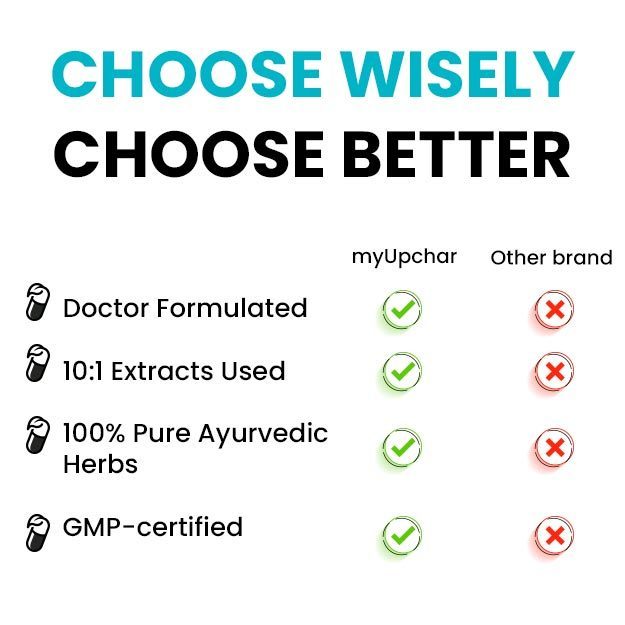Several easily available foods do a remarkable job of controlling acute heartburn such as vegetables such as ginger, fruits such as bananas and cooked apples, drinks such as coconut water and cold milk, and other low-acid or low pH foods. However, if you frequently get heartburn due to GERD, you should discuss your dietary requirements with your nutritionist.
Ginger
Ginger is known for its anti-gastric and anti-inflammatory properties. A compound known as gingerols is an ingredient present in ginger. Gingerol is the main reason that gives ginger its healing properties, whether for a normal cough and cold or various intestinal and digestive disorders. Ginger’s medicinal properties destroy bacteria which trigger acidity in the stomach. Along with that, it decreases inflammation, minimizes nausea, and calms the stomach muscles. Ginger is also an active ingredient in a variety of Ayurvedic medicines for acidity and indigestion.
It can be eaten raw, in tea, or can be added to the food you cook. When suffering from severe indigestion and heartburn, drinking one tablespoon of ginger juice with two tablespoons of honey in warm water helps in reducing the acidity and heartburn symptoms. It also boosts your metabolism.
Fennel seeds
Fennel seeds contain a compound called anethole. This compound works as a soothing agent for the stomach and prevents spasms and flatulence. It is also full of vitamins, minerals, and vital dietary fiber that helps in proper digestion. As fennel seeds also contain anti-ulcer properties, it cools the lining of the stomach and helps in relieving constipation as well. Fennel seeds are also beneficial for tackling indigestion and acidity in pregnant women. During pregnancy, a lot of pregnant women suffer from severe indigestion. But their food choices may be quite restricted, as are medications.
Fennel seeds function as an effective natural remedy to control indigestion, acidity, and heartburn. Take 1-2 teaspoon of fennel seeds with 1 teaspoon of rock sugar to reduce the symptoms of heartburn. You can soak them in water instead, if you prefer. Fennel seeds can also be chewed for immediate relief.
Jaggery
Jaggery/ Gur is one of the oldest desserts in India. Due to its high magnesium content, jaggery helps boost intestinal strength. It aids digestion and makes the digestive system more alkaline in nature, thus reducing heartburn and acidity. Having a small piece of jaggery after a meal provides relief from acid reflux. Jaggery also helps maintain normal body temperature and cools the stomach.
Amla
Amla is an Ayurvedic ingredient and which has an overall calming effect on the body. This makes it a natural cure for heartburn. Amla is an excellent source of vitamin C, which helps in healing the injured stomach lining and esophagus. Having one amla daily can be beneficial for those with a stomach disorder. You can have amla as a chutney, bharta, or candy.
Cooked apple
Apples are naturally high in acid-blocking plant-fibre pectin, a soluble fibre that can swell in your stomach and help to keep you feeling full. While the skins of apples can be harder to digest, cooking them softens the tough outer skin, turning a naturally sweet apple into the ideal breakfast food or tempting dessert. Try to have it as a healthy snack, dessert, or breakfast.
Aloe vera juice: Aloe vera is famous for its medicinal properties. It is usually used to get relief from skin infections and burns. The pulp of the aloe vera plant can also help to keep the gut clean and free from toxins. Besides this, aloe vera is known for its anti-inflammatory properties and is loaded with the goodness of vitamins and minerals, which relieve heartburn and cool down the body. Hence, it may provide you with quick relief in acidity.
Banana
Having a banana on an empty stomach can be helpful in controlling heartburn. This superfood is considered to be alkaline food because of its high potassium content. A ripe banana can combat stomach acid and coat stomach lining to help prevent heartburn and other reflux symptoms. However, for some people, bananas can be a trigger, particularly if the banana is not yet ripe. So, observe carefully what effect it has on you.
Cold milk
It is a known fact that milk contains a high amount of calcium, which is an excellent source for bone health. But this calcium is also present in antacids available in drug stores. However, full-fat and hot milk might worsen the condition, which may lead to the release of more stomach acid. Therefore, cold, fat-free, or skimmed milk is helpful in heartburn. Make sure you do not add sugar, chocolate powder or other additives.
Cold water
When heartburn comes on strong, have a glass of cold water. It should calm the heartburn. A short 10-minute walk after you drink the water will help stabilize your body fluids.
Buttermilk
Chilled buttermilk is a useful antidote to heartburn. To get rid of heartburn, drink a glass of cold buttermilk with roasted cumin powder. Buttermilk contains lactic acid that neutralizes the acid formation in the stomach. Lactic acid further calms the stomach by lining it and decreasing irritation and acid reflux symptoms.
Moreover, buttermilk is a naturally occurring probiotic. Probiotics are excellent for good digestion. The good bacteria in probiotics prevent gas formation and bloating that often cause heartburn. It also allows the nutrients and foods to be digested and absorbed properly. This makes buttermilk very useful in maintaining good gastrointestinal health.
Coconut water
Coconut water balances the body pH. If the body pH is at acidic levels, drinking coconut water will help make it alkaline. It also helps produce mucus in the stomach, which protects the stomach from the harmful effects of excessive acid production. Since coconut is rich in fibre, it aids digestion and prevents the recurrence of acidity and heartburn.

